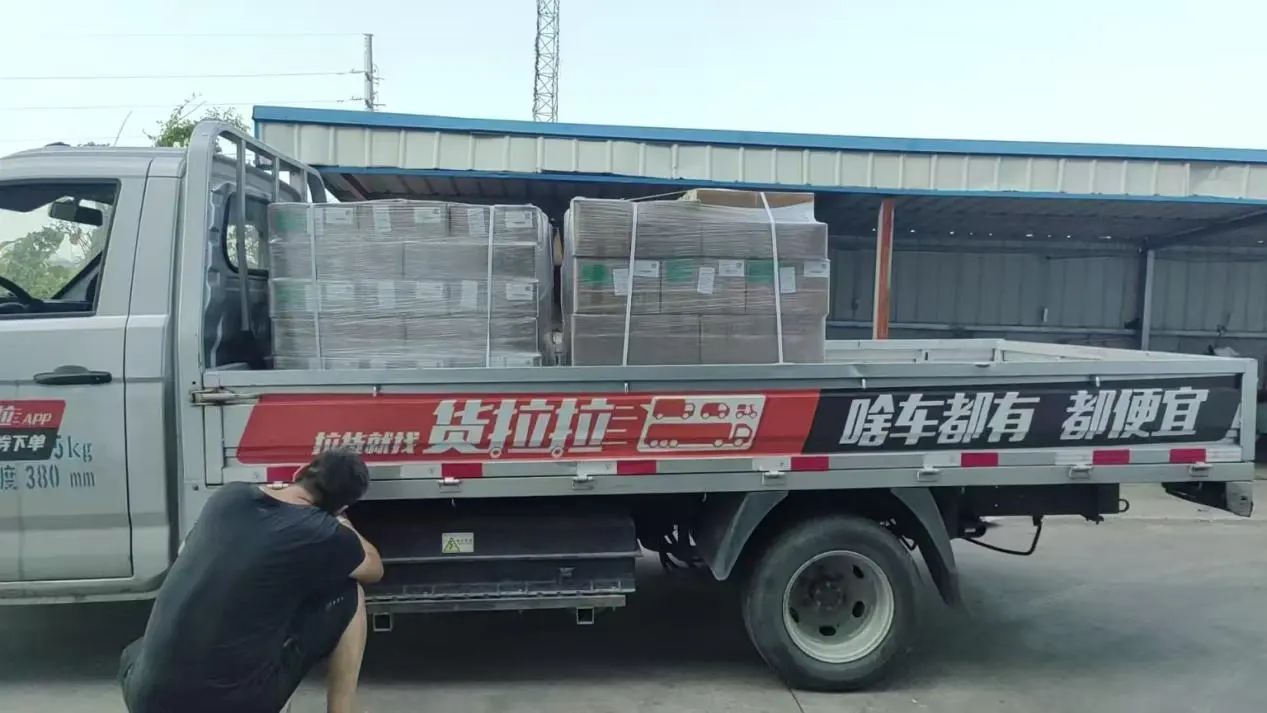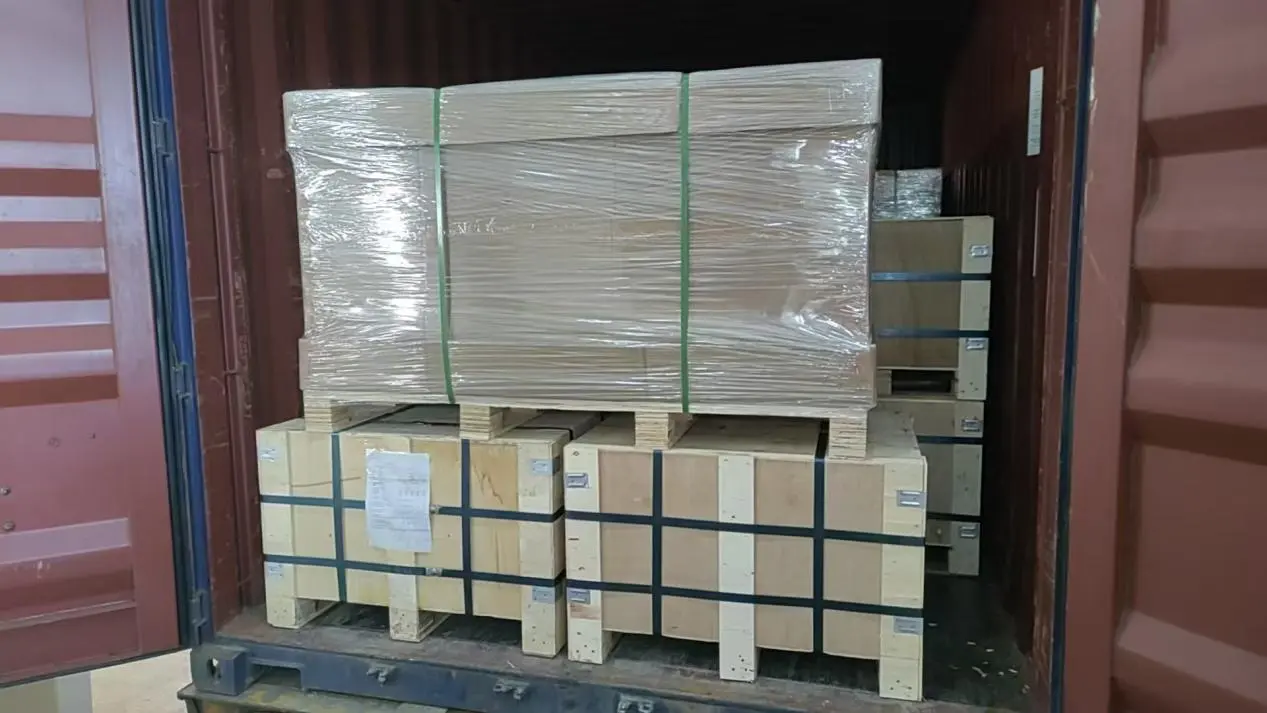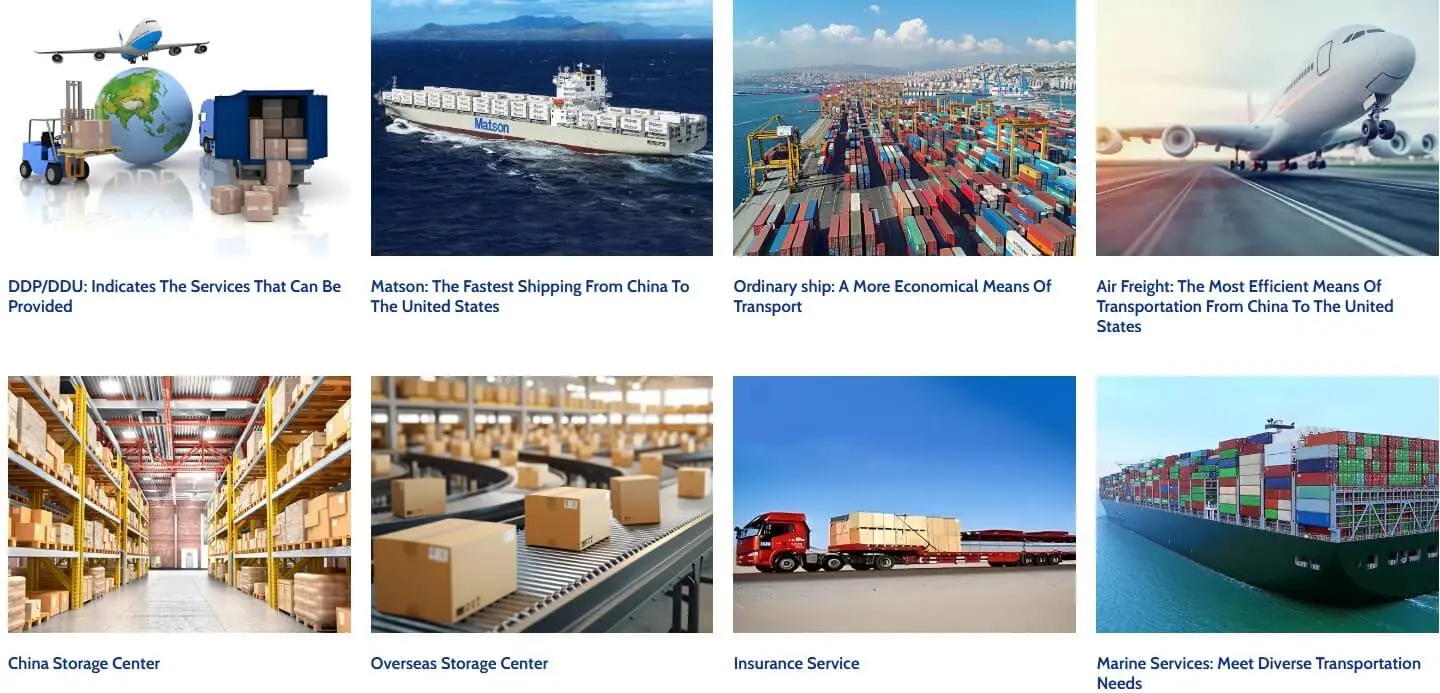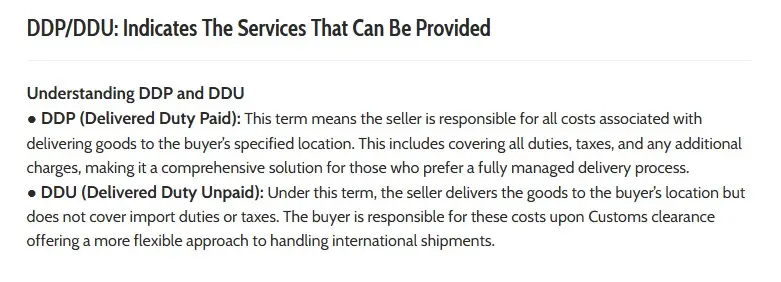Syngenta expands collaboration with Maersk intl logistics on Sustainable logistics cargo supply chain solutions
Syngenta, a global agricultural leader, has announced the expansion of its cooperation with Maersk, a well-known player in the shipping and logistics industry, which is an important step for both sides to strengthen the sustainable development of intl logistics. The collaboration is focused on developing innovative solutions aimed at creating more sustainable supply chains and working to reduce greenhouse gas (GHG) emissions from logistics operations.
As the world addresses the pressing challenge of climate change, both Syngenta and Maersk recognize the critical role that sustainable practices play in mitigating environmental impacts. By working together, the two companies aim to leverage their respective expertise to implement strategies that will not only improve operational efficiency, but also significantly reduce greenhouse gas emissions associated with transportation and intl logistics.
Syngenta is known for its commitment to sustainable agriculture and is committed to ensuring that its logistics cargo supply chain reflects its commitment to environmental stewardship. By partnering with Maersk, Syngenta can leverage advanced logistics solutions that prioritize sustainability, such as optimizing routes, utilizing environmentally friendly vessels, and implementing carbon offset programs. The collaboration is expected to set a benchmark for the agricultural sector, proving that sustainability and efficiency can go hand in hand.
Maersk has been at the forefront of the logistics industry's transition to green operations. The company has set an ambitious goal of achieving net zero emissions by 2050 and is actively exploring alternative fuels and technologies to reduce its carbon footprint. By partnering with Syngenta, Maersk can further its mission of promoting sustainable logistics practices across industries.
Syngenta and Maersk will work together to pave the way for a more sustainable future for logistics cargo supply chain management, demonstrating how the strategic partnership can drive meaningful change in reducing greenhouse gas emissions and fostering a greener planet.



















